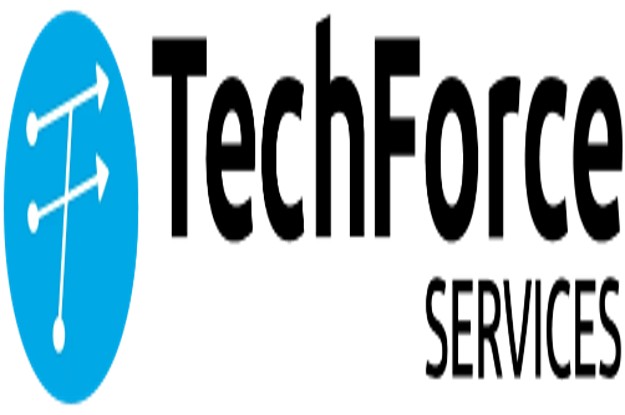
DevOps practices within the Salesforce ecosystem play a pivotal role in accelerating software delivery cycles while maintaining high standards of quality and reliability. This article explores how organizations can leverage Salesforce DevOps tools, services, and best practices to streamline processes, optimize workflows, and significantly reduce time to market.
Importance of Time to Market in Salesforce DevOps
Time to market refers to the duration from the inception of a product idea or feature to its availability in the hands of customers. In the context of Salesforce DevOps, where applications and updates are integral to business operations, achieving faster TTM offers several strategic advantages:
- Competitive Advantage: Rapid deployment of new features and updates enables organizations to respond swiftly to market trends and customer feedback, gaining a competitive edge over rivals.
- Customer Satisfaction: Faster delivery cycles allow organizations to meet customer expectations for timely enhancements and improvements, enhancing overall satisfaction and loyalty.
- Revenue Generation: Accelerated TTM enables organizations to capitalize on market opportunities sooner, potentially increasing revenue and market share.
Implementing DevOps Practices for Accelerated Time to Market
To reduce TTM effectively in Salesforce DevOps environments, organizations should focus on the following key practices:
- Automation of Workflows: Automate repetitive tasks such as build, test, and deployment processes using Salesforce DevOps tools like Salesforce DevOps Center. Automation minimizes manual errors, accelerates deployment cycles, and ensures consistency across environments.
- Continuous Integration and Delivery (CI/CD): Implement CI/CD pipelines to automate the integration, testing, and deployment of code changes. Salesforce DevOps tools facilitate seamless integration with version control systems, automated testing frameworks, and deployment targets, enabling continuous delivery of high-quality software.
- Collaboration and Visibility: Foster collaboration between development, QA, operations, and other stakeholders to streamline communication and decision-making. Utilize Salesforce DevOps Center as a centralized platform for tracking project progress, managing tasks, and sharing insights across teams.
Leveraging Salesforce Services and Consulting Expertise
Salesforce services and consulting partners offer invaluable support for reducing TTM through optimized DevOps practices:
- Salesforce Consulting Services: Experienced consultants provide strategic guidance on designing and implementing CI/CD pipelines, automation frameworks, and release management strategies tailored to Salesforce environments. They leverage Salesforce DevOps tools to streamline workflows, enhance efficiency, and achieve faster TTM.
- Salesforce Managed Services: Managed service providers offer ongoing support and maintenance for CI/CD pipelines and automation frameworks. They monitor performance metrics, troubleshoot issues, and implement continuous improvements to optimize deployment processes and accelerate TTM.
Benefits of Reducing Time to Market
Achieving faster TTM through effective DevOps practices delivers significant benefits to organizations:
- Agility and Flexibility: Rapid deployment cycles enable organizations to adapt quickly to changing market conditions and customer preferences.
- Innovation and Experimentation: Shorter release cycles encourage innovation by allowing teams to experiment with new features, gather feedback, and iterate rapidly.
- Cost Efficiency: Streamlined processes and reduced cycle times result in lower operational costs, optimized resource utilization, and improved ROI on development investments.
Conclusion
In conclusion, reducing time to market with DevOps practices is essential for organizations seeking to enhance competitiveness, customer satisfaction, and business growth within the Salesforce ecosystem. By leveraging Salesforce DevOps tools, consulting services, and managed services, organizations can establish agile, efficient, and scalable software delivery pipelines that drive continuous improvement and innovation.
As organizations continue to navigate digital transformation and market dynamics, embracing DevOps principles enables them to accelerate TTM, capitalize on market opportunities, and deliver exceptional value to customers. Embrace the power of DevOps to transform development processes, optimize delivery cycles, and achieve sustainable success in today’s fast-paced business environment.







